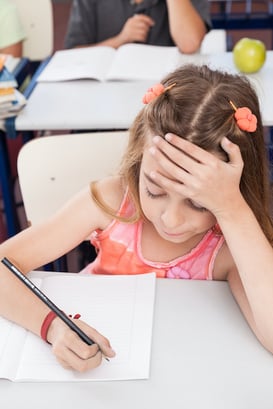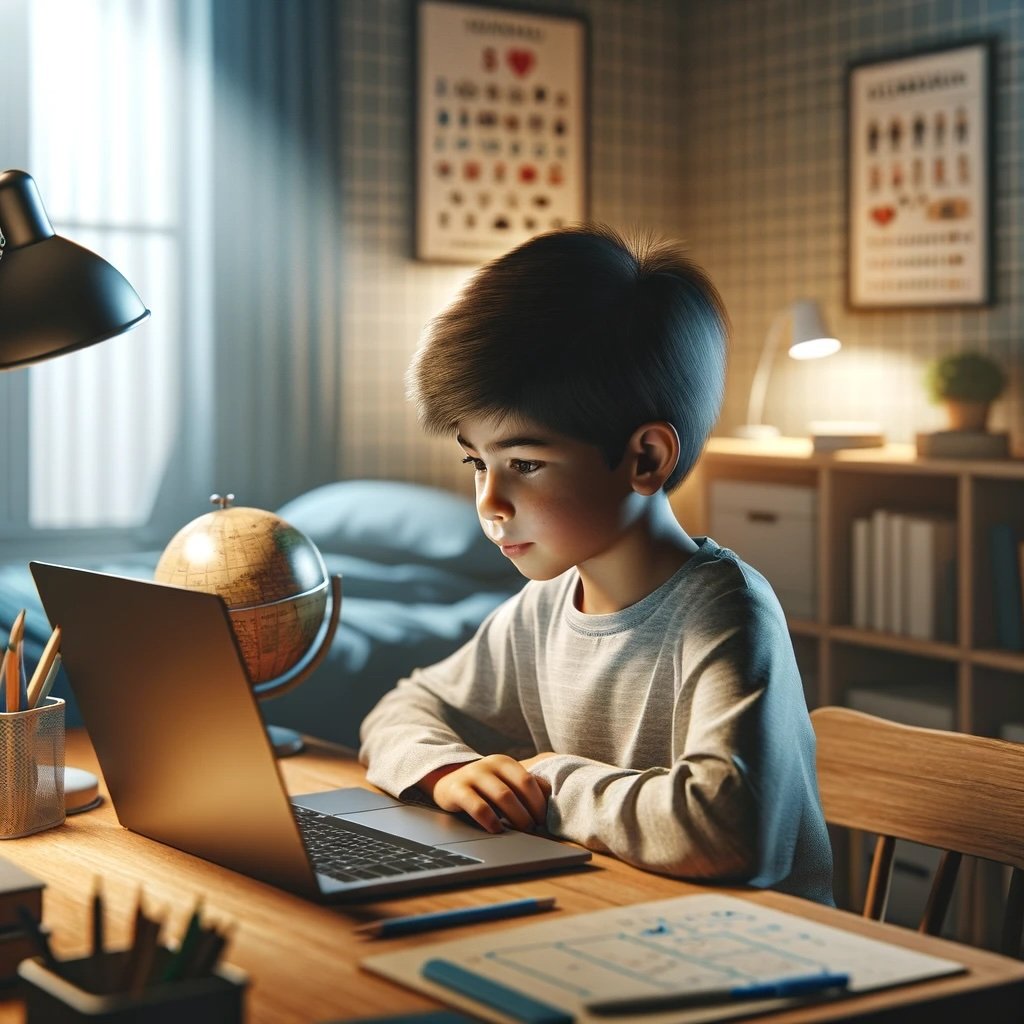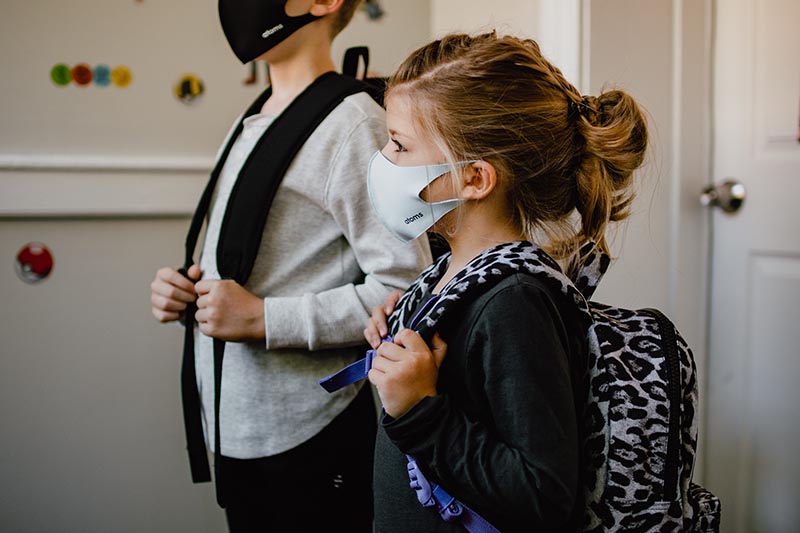 The COVID-19 pandemic has raged for over 18 months, with the majority of that time forcing students and teachers to transition to online learning. Although some took to this new learning approach, there is no doubt that a lot was lost for the children in the process. The pandemic forced school closures in 188 countries which messed up the learning of more than 1.7 billion students. During this time, distance-learning solutions like online school and computer-assisted learning were put into practice with mixed results, but the overall impact on learning remains uncertain. Whether or not your child was directly affected by the pandemic, they may have missed out on some things in the past 2 years.
The COVID-19 pandemic has raged for over 18 months, with the majority of that time forcing students and teachers to transition to online learning. Although some took to this new learning approach, there is no doubt that a lot was lost for the children in the process. The pandemic forced school closures in 188 countries which messed up the learning of more than 1.7 billion students. During this time, distance-learning solutions like online school and computer-assisted learning were put into practice with mixed results, but the overall impact on learning remains uncertain. Whether or not your child was directly affected by the pandemic, they may have missed out on some things in the past 2 years.
How Does it Affect Your Child?
Although the learning loss itself from distance/online learning and school closures may be temporary for your child, there are other important parts of traditional in-person schooling that could have been hurt. This can include your child delaying or even leaving their academic goals. Older students especially may have been disengaging and even dropping out of school. These kinds of things could have a long-term impact on your child’s life.
The impact of learning loss could be a big deal for your child. Educational achievements are linked not only to higher earnings in adulthood, but also to better health, reduced incarceration rates, and more political participation. Some sources estimate that pandemic-related unfinished learning could reduce lifetime earnings for K-12 students by an average of $49,000 to $61,000.
A study in The Netherlands, which only had a school shutdown of about 8 weeks, showed a learning loss of about 3 percentile points. The researchers showed that those losses are up to 60% worse in students from less-educated homes. This shows the uneven toll of the pandemic on children and families. Overall, the students made little or no progress while learning from home. Even worse, the results suggested that losses were even larger in countries with longer school closures. Considering the school system in The Netherlands was locked down for a far shorter amount of time than the United States, this points to a big problem for our students. Your child may have missed out on a lot of learning, and that can hurt them when they get back to school or further down the line in their life.
Even if your child has already started the school year in-person or will start soon, they may be several months behind academically and may struggle to adapt back to being in school. Your child may also have experienced trauma as a result of the pandemic. Maybe your child has lost family and friends to COVID-19 or may have had a member of your family get sick. Even if they have not experienced the virus directly, their world was upended in every way at a very vulnerable age. The pandemic as a whole was likely traumatic for your child, and their academic performance may be worse.
How Can You Help?
The immediate need is to safely reopen schools and try to fix that interrupted and lost learning. Some researchers have also suggested we reimagine the education systems for the long term. Importantly, we need to have a holistic approach to healing this loss, listening to students and parents so that we can design solutions to meet academic and nonacademic needs.
Whether or not your child’s school is ready to reopen, enrolling in Math Genie can be an essentially helpful step. Not only can the Math Genie program help your child catch up with any lost learning from the pandemic, but also can get your child ahead. The teachers provide helpful feedback and get your child engaged in their learning, which can be very important in covering any learning loss.
Sources:





